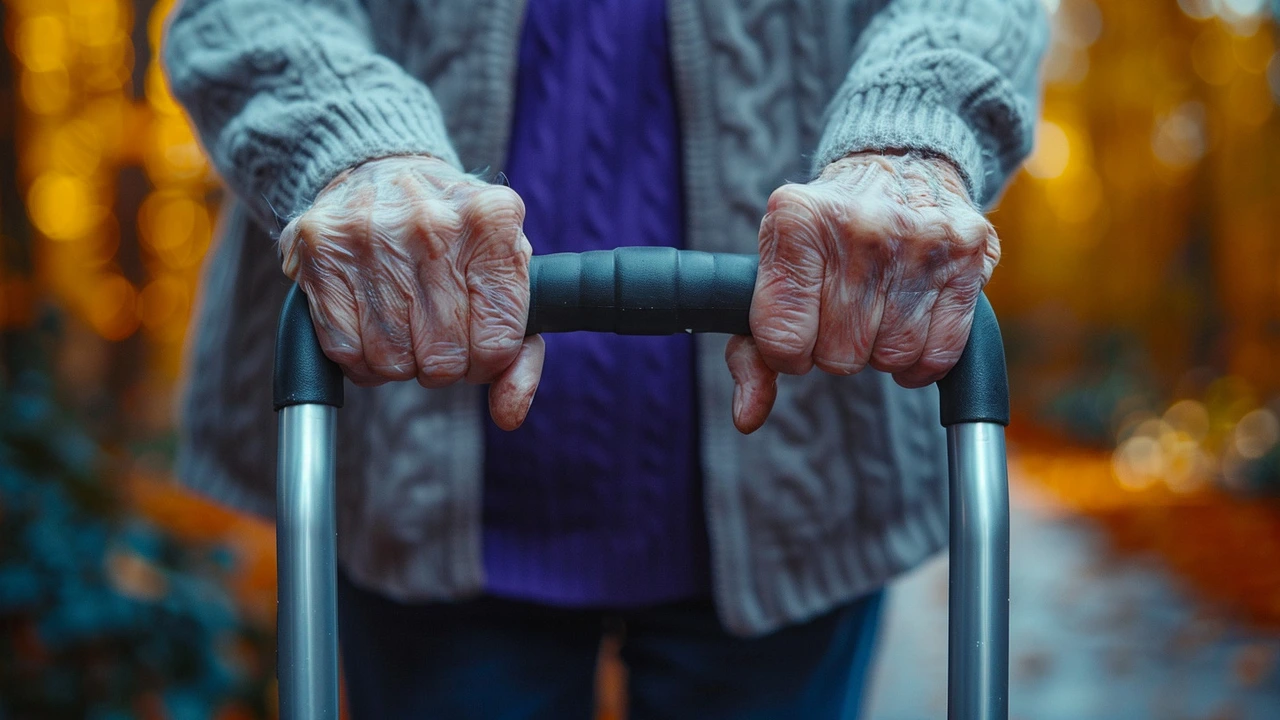Hip fractures happen when the upper part of your thigh bone breaks, usually because of a fall or injury. They can be painful and make moving around difficult. This kind of injury is common in older adults, especially those with weaker bones, but anyone can get one if they're not careful. Knowing what causes hip fractures and spotting the symptoms early can help you get quick treatment and better results.
Most hip fractures occur from a fall, often a simple slip around the house or outdoors. Older adults with osteoporosis are especially vulnerable since their bones are fragile. Aside from falls, accidents like car crashes or sports injuries can also lead to hip fractures. If you suddenly have pain in your hip or groin, find it hard to put weight on your leg, or notice swelling and bruising, you might have broken your hip.
Don’t ignore hip pain, especially after a trip or fall. If you can’t walk or feel sharp pain in your hip, go to a doctor immediately. They’ll check your hip and might order X-rays or scans to confirm the break. Early diagnosis is key because treatment works best before any complications develop.
Doctors usually confirm hip fractures with simple imaging tests. Sometimes, more detailed scans help understand the exact break type and plan surgery if needed. Remember, not all hip pain means a fracture, but it’s always better to get it checked by a professional.
Most hip fractures require surgery to realign the broken bone, but treatment depends on the fracture type and your overall health. Surgery might involve fixing the bone with screws, plates, or replacing part of the hip. After surgery, physical therapy helps you regain strength and balance, lowering the chance of future falls.
Recovery at home means following the doctor’s advice closely, keeping your hip safe, and staying active with guided exercises. Eating well also supports healing. Falls prevention is crucial, so make your living space safer by removing loose rugs and using handrails. The faster you move safely, the better your chances of a full recovery without complications.
Hip fractures are serious but manageable with the right care. Awareness and quick action make all the difference in staying independent and avoiding long-term issues. So, watch your step, listen to your body, and don’t hesitate to ask for help if you suspect a hip injury.
Posted by
Siseko Tapile
5 Comments

A recent study reveals the severe impact of hip fractures on seniors, with a staggering 30% mortality rate within a year of injury. This rate exceeds that of many cancers, highlighting the grave prognosis for older adults, especially those over 85.
read more